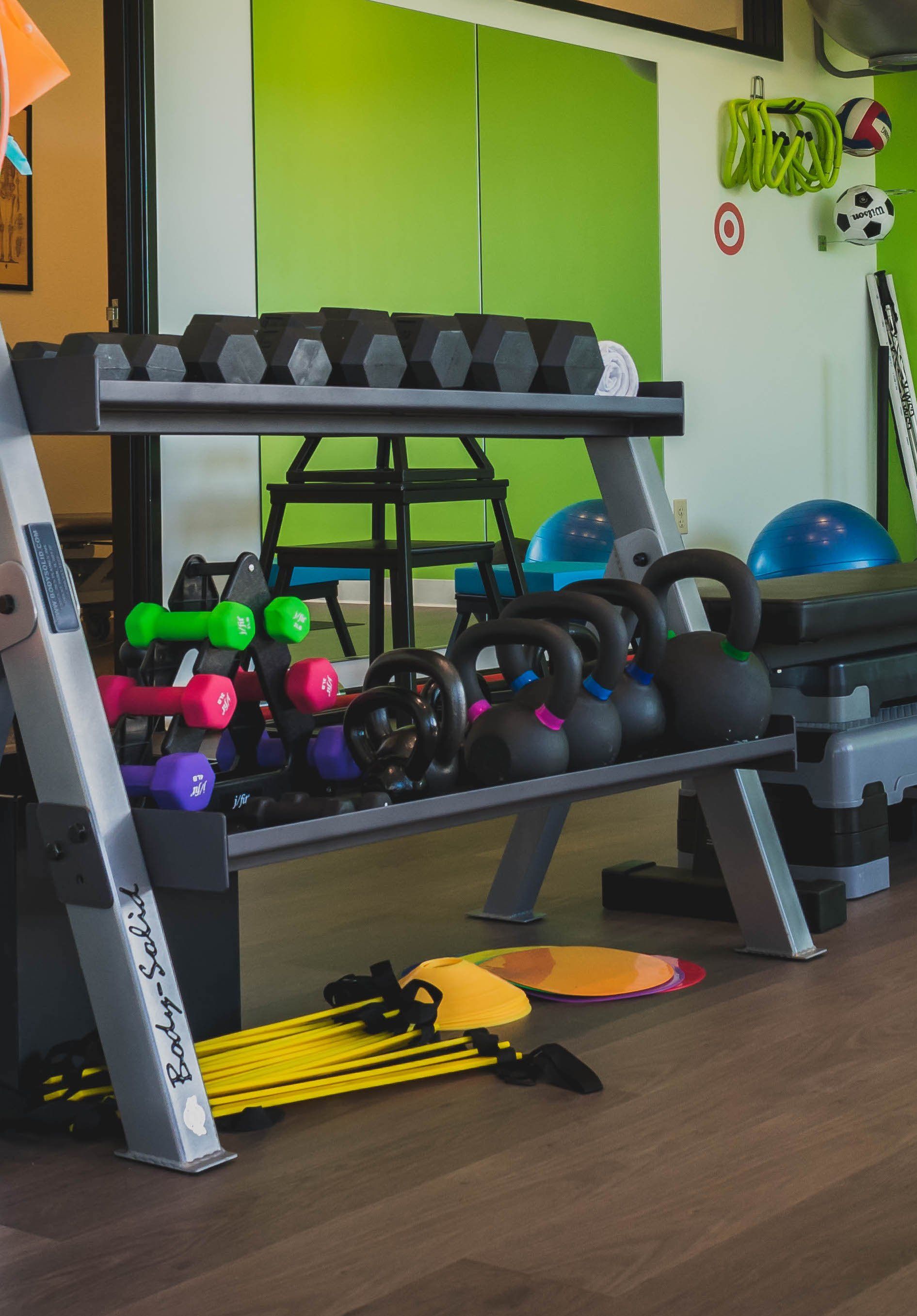Urinary Incontinence
Urinary Incontinence: Why You Pee When You Cough & How To Prevent It
One question we frequently receive from our pelvic health patients is this: Why do I pee when I cough? Is this normal?
The first thing we should say is that this is quite common. While this occurrence has become more and more common, it doesn’t mean that is should be considered “normal”. Losing urine when you cough, laugh or sneeze is not something that one should simply have to learn to live with.
The loss of control of your bladder resulting in an unwelcome leakage of urine, aka: urinary incontinence, is a condition that may be a sign of weak muscles in your core and pelvic floor (the pelvic floor muscles are attached at the bottom of the pelvic bones and run from front to back).
Though most commonly experienced in women, urinary incontinence can affect anyone at any age.
Peeing When I Cough…What’s Really Going On and What Can I Do About It?
When you cough, there is an increase in intra-abdominal pressure in your body which causes your diaphragm to contract down into the area of your bladder. If your bladder can’t withstand the pressure, urine leakage can occur.
Thankfully, there are solutions available to help regulate this issue, allowing you to carry on living a leak-free lifestyle. Working with a physical therapist to strengthen your core and pelvic floor muscles can have a huge impact on your body’s overall health. Your PT will conduct a full body evaluation to locate the source and reason for the urinary leakage. They will then build a urinary incontinence treatment program specific to your body and condition.
How Does Physical Therapy Help With Urinary Incontinence?
Your urinary incontinence treatment program may include:
-
Pelvic health exercises to tone and tighten weak muscles in the pelvic floor.
-
Custom strengthening exercises to target surrounding muscles that may be contributing to your bladder function and control.
-
Relaxation techniques, including deep breathing, to aid in preventing any incontinence symptoms.
Physical therapy provides minimally invasive, one-on-one treatments to help strengthen muscles while also addressing any functional limitations you may be experiencing. Your PT can provide preventative services to keep this issue from coming back while giving you the tools necessary to address the unique musculoskeletal issues of the pelvic region.
Want to learn more? If you’re experiencing symptoms of urinary incontinence or any other issues associated with the pelvic floor, contact a physical therapist today.
